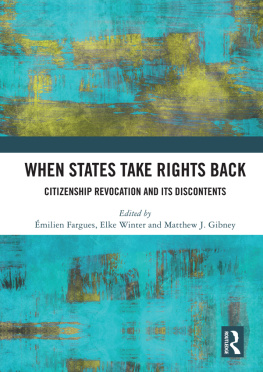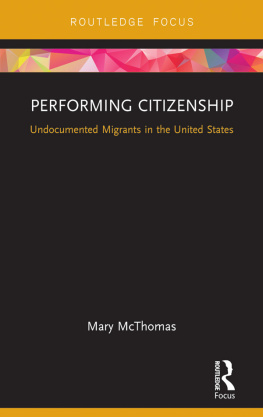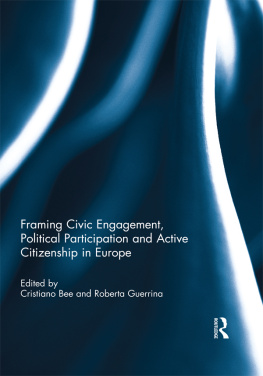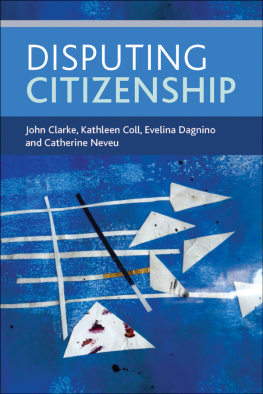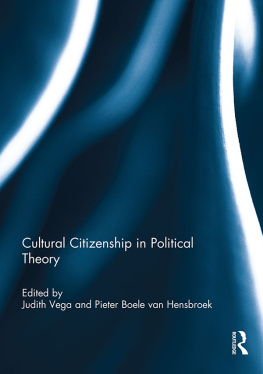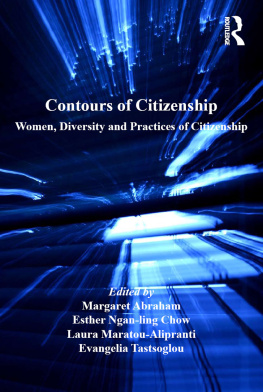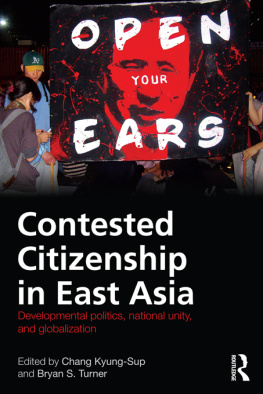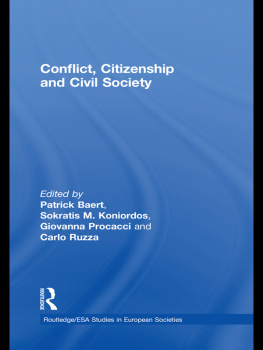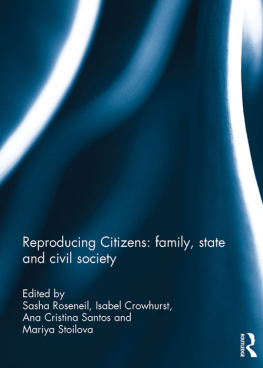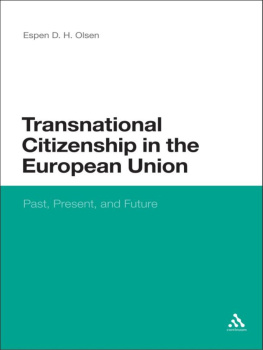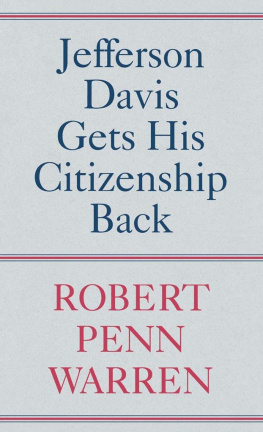When States Take Rights Back
When States Take Rights Back draws on contributions by international experts in history, law, political science, and sociology, offering a rare interdisciplinary and comparative examination of citizenship revocation in five countries, revealing hidden government rationales and unintended consequences.
Once considered outdated, citizenship revocation also called deprivation or denationalization has come back to the political centre in many Western liberal states. Contributors scrutinise the positions of stakeholders (e.g. civil servants, representatives of civil society, judges, supranational institutions) and their diverse rationales for citizenship revocation (e.g. allegations of terrorism, treason, espionage, criminal behaviour, and fraud in the naturalisation process). The volume also uncovers the variety of tools that national governments have at their disposition to change existing citizenship revocation laws and policies, and the constraints that they are faced with to actually implement citizenship revocation in daily operations. Finally, contributors underscore the extraordinary severity of sanctions implied by citizenship revocation and offer a nuanced picture of the material and symbolic forms of exclusion not only for those whose citizenship is withdrawn but also for minority groups (wrongly) associated with the aforementioned allegations. Indeed, revocation policies target not merely individuals but specific collective categories, which tend to be ethno-racially constructed and attributed specific locations within the international status hierarchy of nation-states.
International and interdisciplinary in scope, When States Take Rights Back will be of great interest to scholars of politics, international law, sociology and political and legal history, and human rights. The chapters were originally published in Citizenship Studies.
milien Fargues is a Max Weber Fellow at the European University Institute and a research associate in the Global Citizenship Governance project at the Robert Schuman Centre for Advanced Studies. He holds a PhD in political science from Sciences Po Paris.
Elke Winter is the William Lyon Mackenzie King Professor of Sociology at Harvard University, Professor of Sociology at the University of Ottawa, and Research Director at the Centre for Interdisciplinary Research on Citizenship and Minorities (CIRCEM). Her research is concerned with questions of migration, ethnic diversity, multiculturalism, and citizenship.
Matthew J. Gibney is Professor of Politics and Forced Migration at the University of Oxford, Official Fellow of Linacre College, Oxford, and Director of the Refugee Studies Centre. He specialises in the political and ethical issues raised by refugees, citizenship, and migration control.
First published 2020
by Routledge
2 Park Square, Milton Park, Abingdon, Oxon, OX14 4RN
and by Routledge
52 Vanderbilt Avenue, New York, NY 10017
Routledge is an imprint of the Taylor & Francis Group, an informa business
2020 Taylor & Francis
All rights reserved. No part of this book may be reprinted or reproduced or utilised in any form or by any electronic, mechanical, or other means, now known or hereafter invented, including photocopying and recording, or in any information storage or retrieval system, without permission in writing from the publishers.
Trademark notice: Product or corporate names may be trademarks or registered trademarks, and are used only for identification and explanation without intent to infringe.
British Library Cataloguing in Publication Data
A catalogue record for this book is available from the British Library
ISBN13: 978-0-367-89645-4
Typeset in Minion Pro
by Newgen Publishing UK
Publishers Note
The publisher accepts responsibility for any inconsistencies that may have arisen during the conversion of this book from journal articles to book chapters, namely the inclusion of journal terminology.
Disclaimer
Every effort has been made to contact copyright holders for their permission to reprint material in this book. The publishers would be grateful to hear from any copyright holder who is not here acknowledged and will undertake to rectify any errors or omissions in future editions of this book.
Contents
milien Fargues and Elke Winter
Deirdre Troy
Tom L. Boekestein and Gerard-Ren de Groot
Elke Winter and Ivana Previsic
Patrick Sykes
milien Fargues
Helen Irving
Janie Plabay and Rjane Snac
Guide
The following chapters were originally published in Citizenship Studies. Chapters 24 and 67 were originally published in Citizenship Studies, volume 23, issue 4 (2019). Chapter 5 was originally published in Citizenship Studies, volume 20, issue 67 (2016). When citing this material, please use the original page numbering for each article, as follows:
Chapter 2
Governing imperial citizenship: a historical account of citizenship revocation
Deirdre Troy
Citizenship Studies, volume 23, issue 4 (2019), pp. 304319
Chapter 3
Discussing the human rights limits on loss of citizenship: a normative-legal perspective on egalitarian arguments regarding Dutch Nationality laws targeting Dutch-Moroccans
Tom L. Boekestein and Gerard-Ren de Groot
Citizenship Studies, volume 23, issue 4 (2019), pp. 320337
Chapter 4
The politics of un-belonging: lessons from Canadas experiment with citizenship revocation
Elke Winter and Ivana Previsic
Citizenship Studies, volume 23, issue 4 (2019), pp. 338355
Chapter 5
Denaturalisation and conceptions of citizenship in the war on terror
Patrick Sykes
Citizenship Studies, volume 20, issue 67 (2016), pp. 749763
Chapter 6
Simply a matter of compliance with the rules? The moralising and responsibilising function of fraud-based citizenship deprivation in France and the UK
milien Fargues
Citizenship Studies, volume 23, issue 4 (2019), pp. 356371
Chapter 7
The concept of allegiance in citizenship law and revocation: an Australian study
Helen Irving
Citizenship Studies, volume 23, issue 4 (2019), pp. 372387
For any permission-related enquiries please visit: www.tandfonline.com/page/help/permissions
Tom L. Boekestein, LLM (cantab), is a PhD candidate at the University of Cambridge. His research focusses on the impact of human rights guarantees on EU Citizenship, particularly in the context of Member State withdrawal. He has been writing contributions on Dutch nationality law for the GLOBALCIT project since 2016.
Gerard-Ren de Groot is Professor Emeritus of Comparative Law and Private International Law at Maastricht University and Professor of Private Law at the University of Aruba (West Indies). His main research focus is on nationality law. He has published more than 400 books, articles, and case notes in that field.
milien Fargues is a Max Weber Fellow at the European University Institute and a research associate in the Global Citizenship Governance project at the Robert Schuman Centre for Advanced Studies. He holds a PhD in Political Science from Sciences Po Paris.

